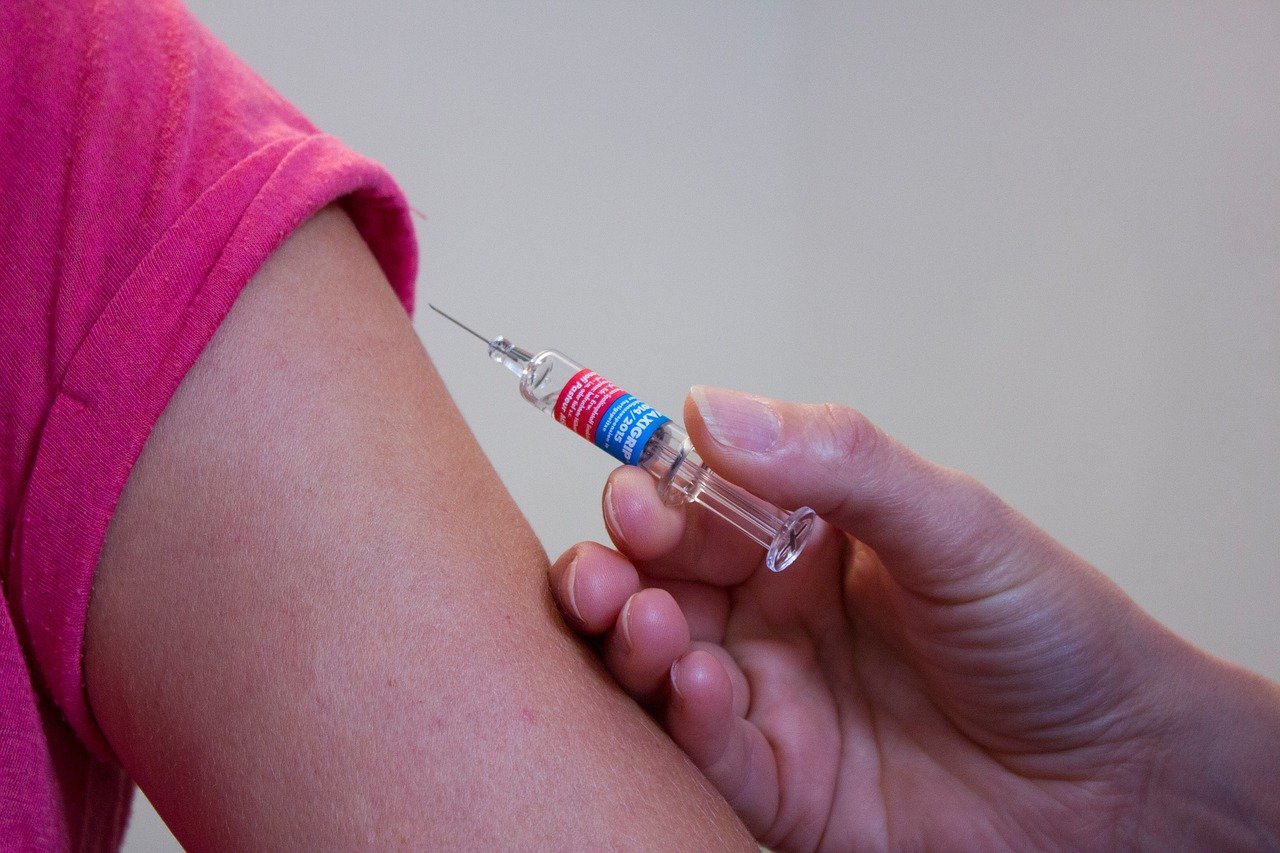Facebook and Cambridge Analytica, Oxfam and sexual abuses, Volkswagen and Dieselgate: these are among the scandals that are challenging public trust for popular global brands. Such crisis can be solved only through a structured intervention strategy, leveraging communication to support action and rebuild deteriorated relationships. But, if talking about prevention, some researchers look at blockchain technology as new possible tool to consolidate and protect corporate reputation.
As defined by Crypto Valley Association, blockchain is the smart combination of mature technological concepts, including peer-to-peer networks, distributed consensus algorithms, validity rules, ledger technologies and cryptography. Mostly known for cryptocurrencies and bitcoins, it can add value to multiple domains such as manufacturing and utilities, healthcare and education, and it can be successfully applied in any business where stakeholders’ relations are based on trust and may be entirely disintermediated.
Putting it simply, blockchain is a long chain of blocks enabling transactions and data exchange, each of them checked and validated prior to becoming effective. It is a sort of big public register, which is made available to all blocks of the chain and decentralized, as it does not require a third party to grant the reliability of its own information.
We could imagine blockchain as a digital label, inseparable connected to its object, following its entire lifecycle and storing any change. Based on advanced cryptography, it is inviolable and 100% secure, as any violation attempt would be detected and blocked by the same chain.
In the food industry, blockchain might be used to track products’ supply chain, certify the origin of ingredients, and prevent possible frauds. According to Jemma Green, co-founder of Power Ledger, this application might have avoided the scandal of Findus lasagna, which were sold pretending they were made with minced beef but had horse meat, or the recent falsification of millions of Côtes du Rhône wine bottles, also impacting the famous Châteauneuf-du-Pape. Which benefits could it have in the construction industry, where materials are often counterfeited to save money? We might close in on controls, and avoid fragile buildings and infrastructures, at high collapse risk.
Blockchain could so contribute to brand reputation as it acts as a guarantee for its promises – particularly around sustainability and ethics, two dimensions people are sensitive at, and allow no flaws. By using blockchain, a company could prove where its raw materials come from, where and how its products are distributed, how employees are treated (find here some thoughts by Samantha Radocchia, co-founder of Chronicles). Claims such as ‘no palm oil’, ‘cruelty-free’ or ‘organic’ might get a new meaning, gaining back trust from consumers who were disappointed so many times.
In the post-truth era, blockchain technology might be an anchor for virtuous brands.




